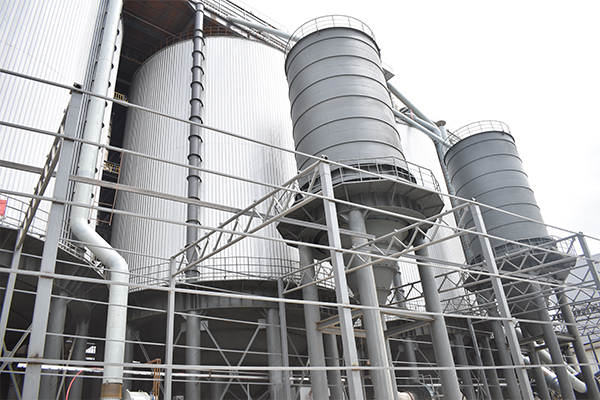
Magnesia Workshops
Introduction:
The magnesium products industry has witnessed remarkable advancements in recent years, particularly in manufacturing workshops. This article aims to shed light on the various applications of magnesium products in these industrial settings, highlighting their benefits, and discussing how they contribute to improving productivity and efficiency.
1. Lightweight Components:
Magnesium's exceptional lightweight properties make it an ideal choice for producing components in manufacturing workshops. Whether it's in the automotive, aerospace, or electronics industry, the use of magnesium alloy parts significantly reduces the weight of the final product. This not only enhances fuel efficiency in automobiles and aircraft but also enables devices to be more portable and user-friendly.
2. Enhanced Durability:
Magnesium alloys possess excellent strength-to-weight ratios, making them highly durable and suitable for use in demanding manufacturing environments. In workshops, magnesium products can withstand heavy loads, extreme temperatures, and corrosive substances, ensuring extended product lifecycles and reducing maintenance costs. This durability is particularly beneficial in the production of machinery parts, tools, and equipment.
3. Improved Production Efficiency:
The application of magnesium products in manufacturing workshops can greatly enhance production efficiency. Magnesium alloys exhibit superior machinability, allowing for faster and more precise fabrication of components. Their excellent thermal conductivity also helps in dissipating heat generated during machining, preventing tool wear and increasing machining speeds. These advantages contribute to reducing production lead times and increasing overall output.
4. Environmental Sustainability:
The magnesium industry has made significant strides in adopting environmentally friendly practices, which align with the growing global focus on sustainability. Manufacturing workshops are increasingly utilizing magnesium products due to their recyclability and low environmental impact. Unlike other metals, magnesium can be easily recycled without losing its properties, reducing waste and conserving resources. Additionally, the extraction and production processes of magnesium products have become moreenergy-efficient, further reducing their carbon footprint.
Conclusion:
The application of magnesium products in manufacturing workshops offers numerous advantages, including lightweight components, enhanced durability, improved production efficiency, and environmentalsustainability. As the industry continues to progress, the utilization of magnesium alloys is expected to increase, driving innovation and further optimizing manufacturing processes.

